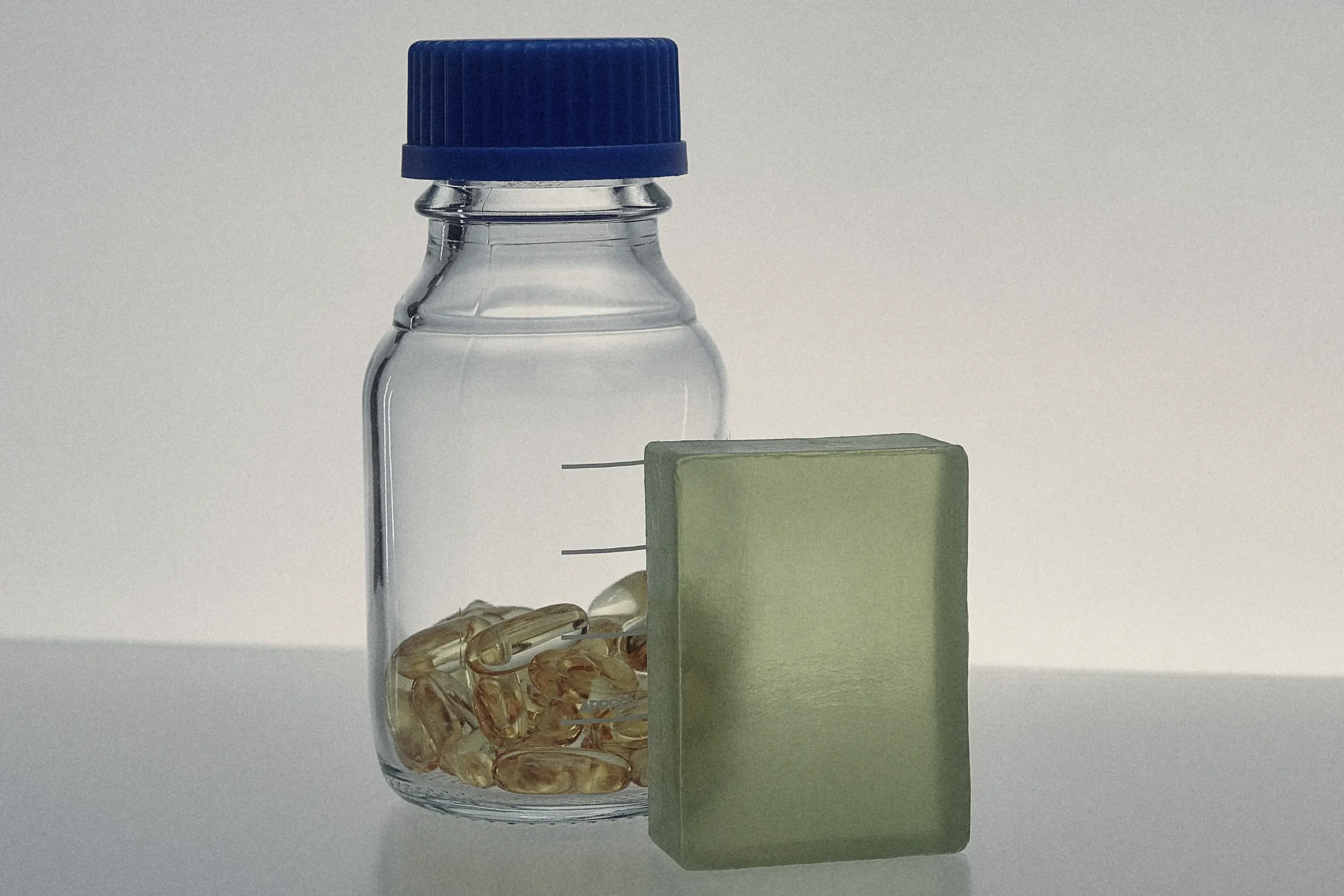Crohn's disease is a type of inflammatory bowel disease that can cause inflammation and damage to the digestive tract, particularly the small and large intestines. People with Crohn's disease often experience periods of flare-ups, where symptoms become more severe, and remission, where symptoms become less pronounced. While Crohn's disease affects each person differently, a Crohn's flare-up can be a challenging and uncomfortable experience. In this article, we will explore what a Crohn's flare-up feels like and how to manage these symptoms.
Symptoms of Crohn's Disease
Crohn's disease can cause a wide range of symptoms, depending on where inflammation occurs and how severe it is. Crohn’s disease is a form of inflammatory bowel disease and the majority of symptoms are gastrointestinal, but the condition can affect other parts of the body as well.
Symptoms of Crohn's disease include:
- abdominal pain and cramping
- diarrhea
- fatigue
- weight loss
- loss of appetite
- anemia
- joint pain
- skin rashes
- eye inflammation
- mouth sores
- anal fissures, or tears
.webp)
What Does a Crohn's Disease Flare-Up Feel Like?
A Crohn's flare-up occurs when symptoms of Crohn's disease increase. Flare-ups can be unpredictable and may last for several days or weeks. Due to the individual nature of Crohn’s disease, a flare-up is a somewhat subjective experience; any of the following may occur.
- Abdominal pain and cramping are common symptoms of Crohn's disease. During a flare-up pain may be more severe and persistent, and may be either localized to a specific area or spread throughout the abdomen. Some people may also experience cramping or spasms.
- Diarrhea is a common symptom of Crohn's disease, and during a flare-up the frequency and urgency of bowel movements often increase. The stool may be loose and watery, and may contain blood or mucus.
- Fatigue is another common symptom that is often more severe during a flare-up. You may feel especially weak and find it difficult to carry out your regular daily activities.
- Loss of appetite or aversion to food during a flare-up can lead to weight loss and malnutrition if not managed properly.
- Joint pain may be more severe and widespread during a flare-up. Additionally, you might experience joint swelling, stiffness, or a reduced range of motion.
- Skin rashes sometimes occur with Crohn's disease, and during a flare-up the rashes may be more severe or widespread.
- Eye inflammation may also be more severe during a flare-up.
Managing the Crohn’s Flare-Up
Managing symptoms of a Crohn’s flare-up is essential to maintaining your quality of life. Here are some strategies to help manage flare-up symptoms.
Follow a Therapeutic Diet
A therapeutic diet can help manage Crohn's flare-up symptoms. Avoiding foods that may trigger inflammation, such as dairy products and high-fat and spicy foods, can help reduce symptoms. A low-fiber diet may also be recommended during flare-ups, as it can help reduce inflammation and allow the intestines to rest. It can be helpful to work with a health care provider or a nutritionist to create a personalized diet plan that meets your specific nutritional needs, and the team at WellTheory are experts in doing just this. (Source, Source)

Take Prescribed Medications
Taking medication can help manage Crohn's flare-ups. Medications such as anti-inflammatory drugs, immunomodulators, and biologics can help reduce inflammation and improve symptoms. Even if your symptoms improve, it’s important to keep taking your medication as prescribed by your health care provider to prevent symptoms from coming back. Additionally, you can try over-the-counter medications, such as loperamide (to help with diarrhea) or acetaminophen (to help with pain), but always talk with your provider before using these drugs. (Source)
Manage Stress
Stress can trigger Crohn's flare-ups, so it’s essential to try your best to manage your stress level. Consider practicing relaxation techniques such as deep breathing, meditation, or yoga. Exercise can also help you de-stress while also improving your overall health. Emotional stress can also contribute to a flare-up, so you may want to consider counseling or therapy to help with the emotional challenges of living with a chronic illness. Additionally, certain foods such as dark chocolate, bananas, and ginger may help modulate your stress levels. We know managing stress is easier said than done, so we’ve put together a list of 27 ways to manage your cortisol level and decrease stress. (Source, Source)
Stay Hydrated
Staying hydrated is essential to managing Crohn's flare-up symptoms. Inflammation can limit absorption of water and electrolytes, and you can lose a large amount of water due to diarrhea. It’s especially important to be conscious of your water intake and try to drink plenty of fluids to help prevent dehydration. In some cases, water should be supplemented with electrolytes. (Source)

Get Enough Sleep
Getting enough sleep is important for everyone, but it is particularly key to managing Crohn's symptoms. Lack of sleep can contribute to increased production of cortisol, which can increase your stress level and worsen symptoms. To improve your sleep habits, try to go to bed and wake up at the same time each day, avoid caffeine and alcohol before bedtime, and create a relaxing sleep environment. (Source, Source)

.svg)
.png)














.webp)





.png)

%2520(1).webp)








%2520(1).jpeg)

.webp)
.webp)

.webp)

%2520(2).webp)

%2525201%2520(1).webp)

%25202%2520(1).webp)




.svg)
.svg)